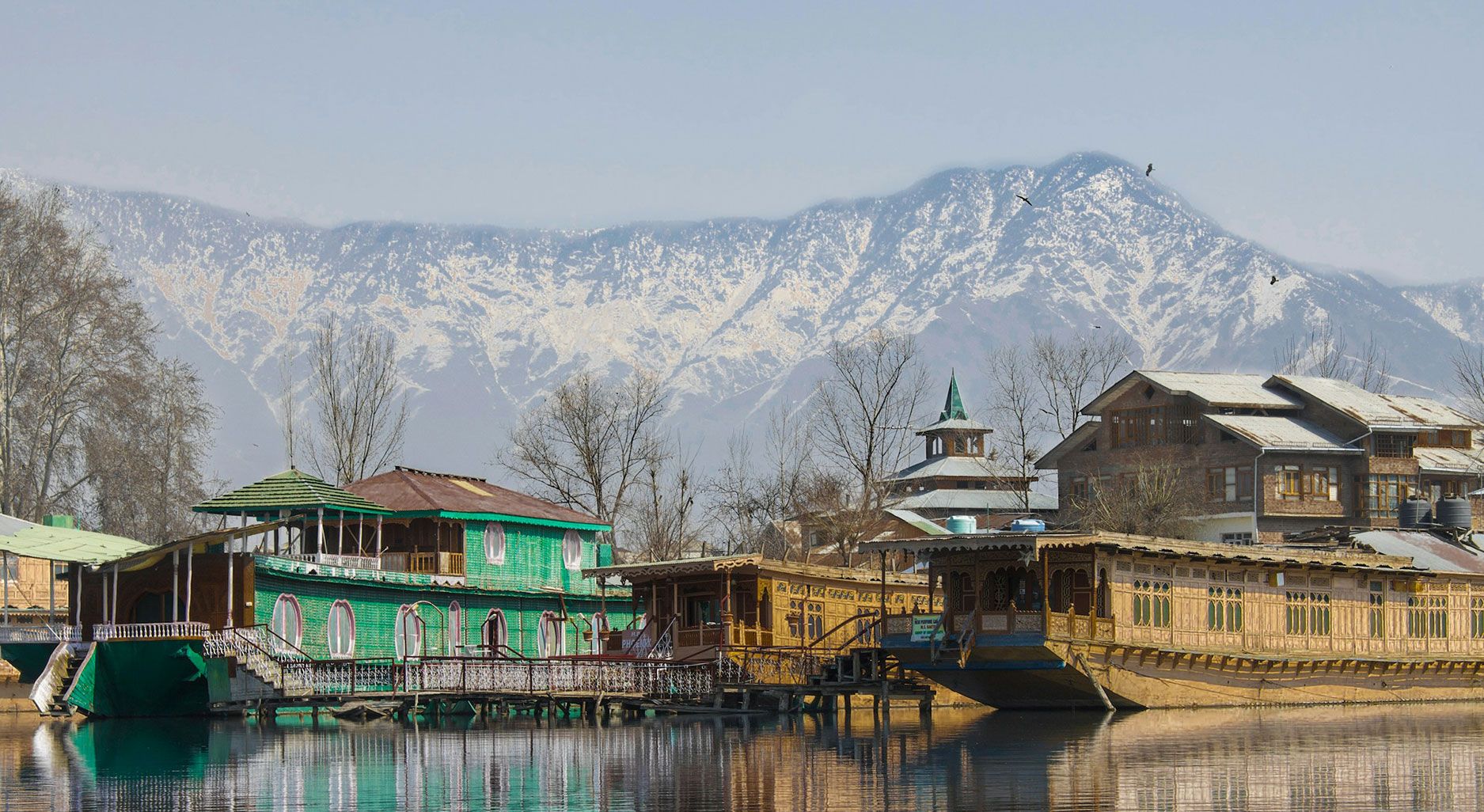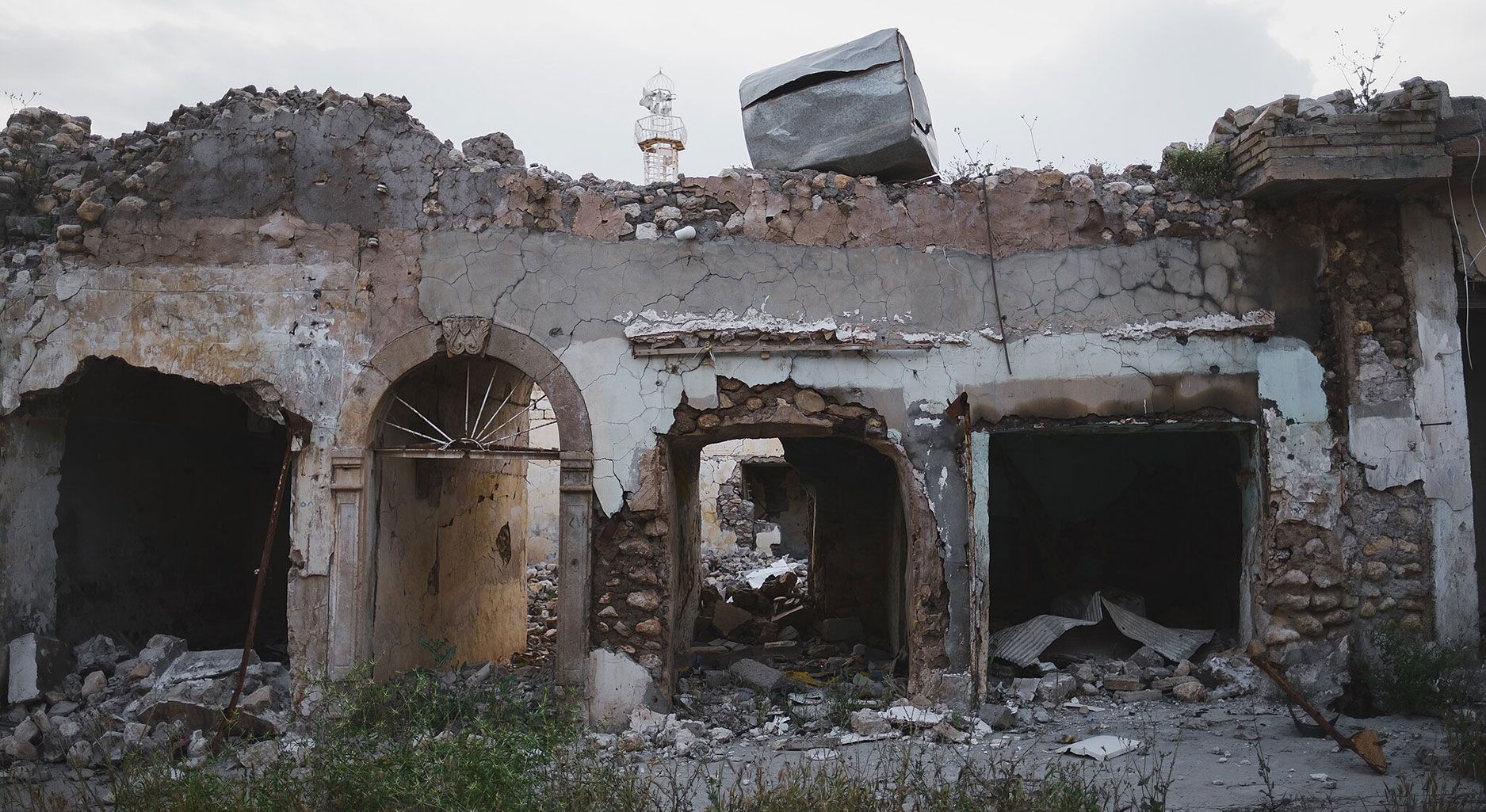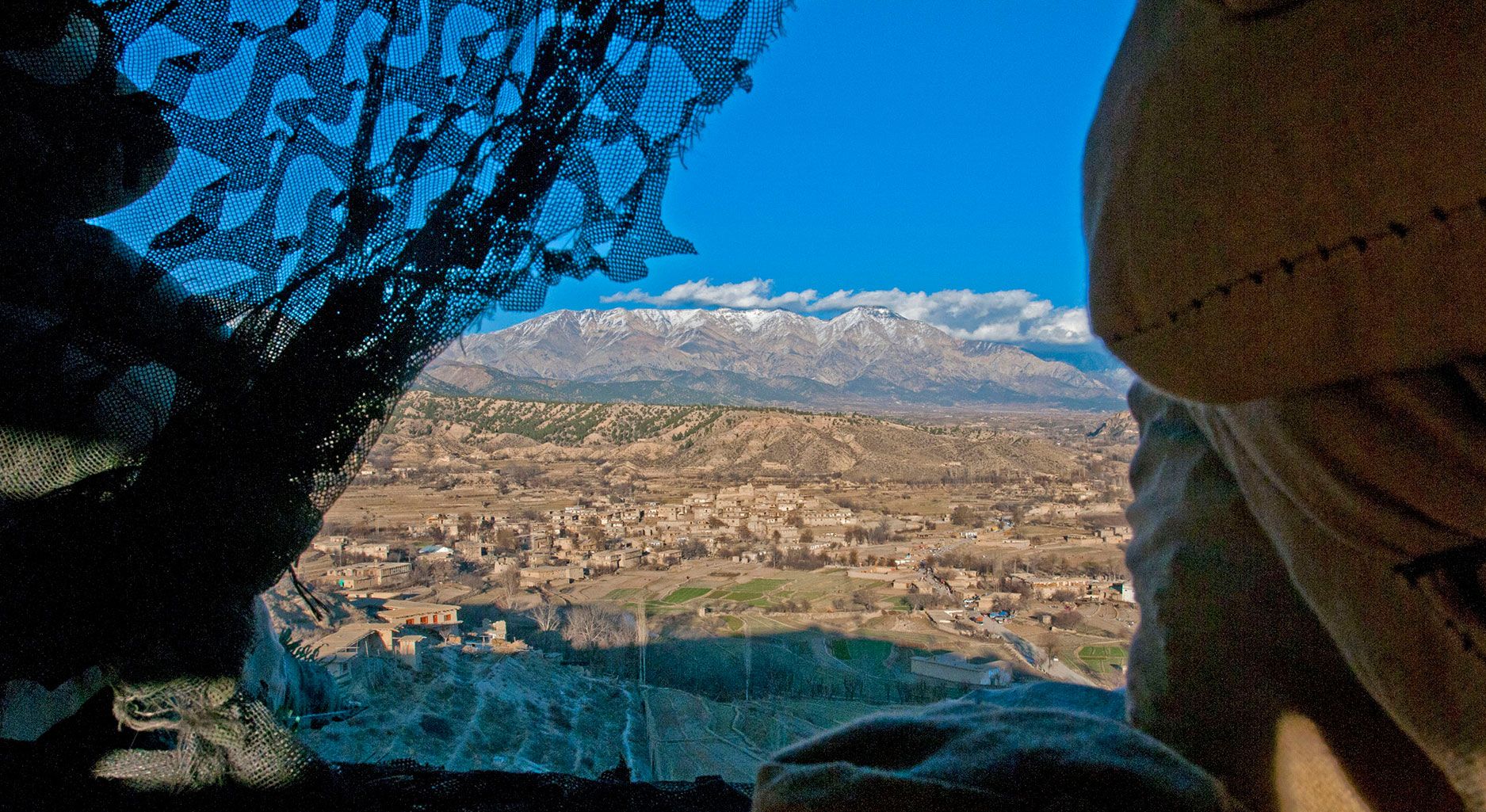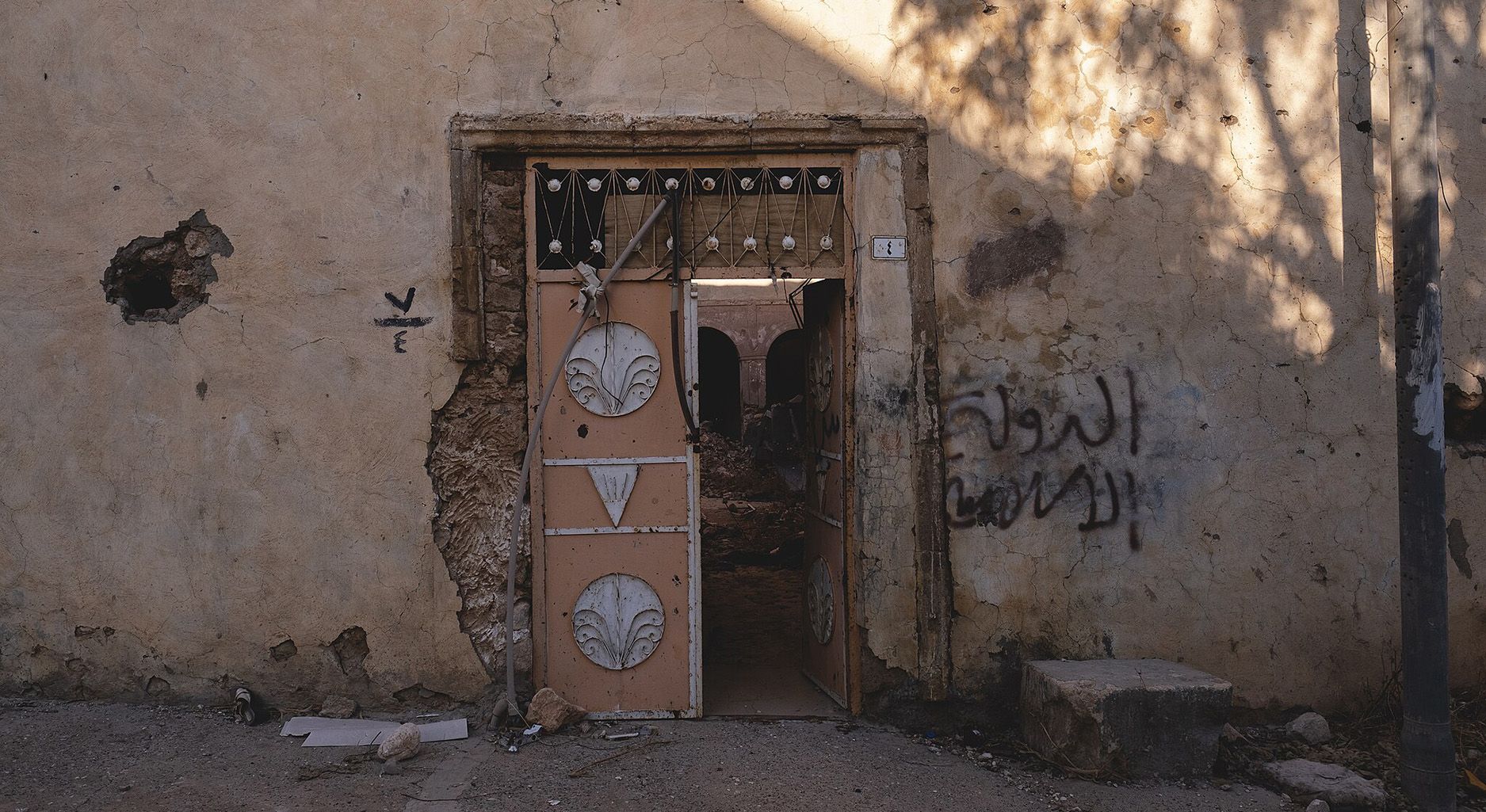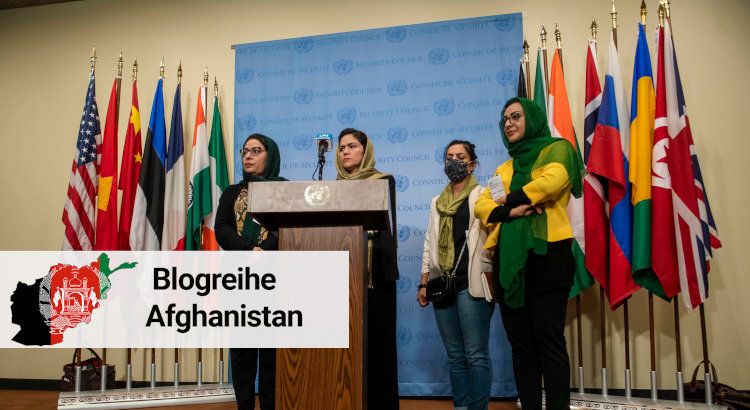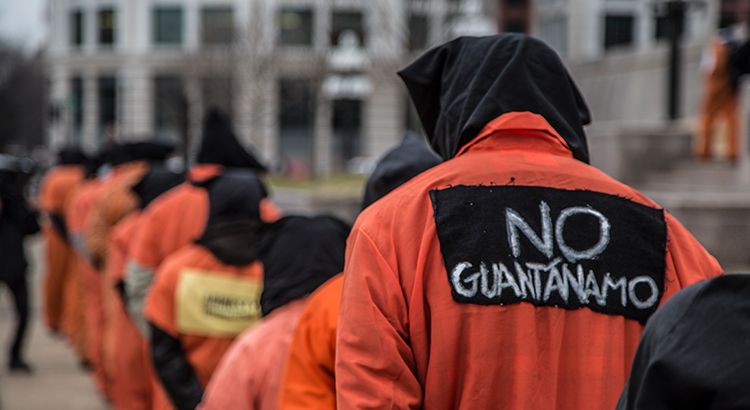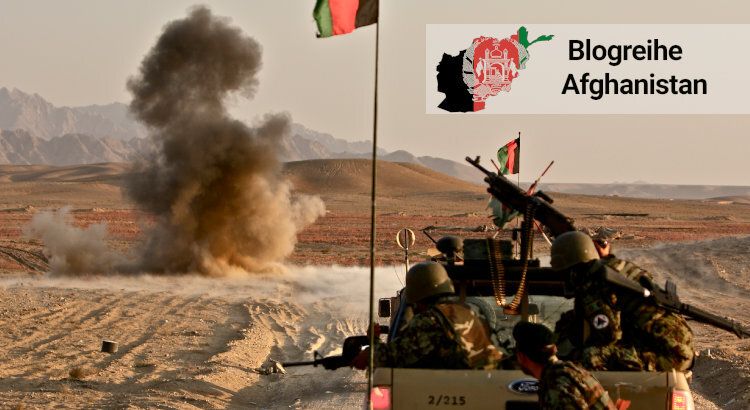Schlagwort: Terrorismus
On April 22nd, terrorists targeted tourists in Baisaran Valley, Kashmir, India, resulting in the...
Without a Caliphate, But Far from Defeated: Why Da’esh/ISIS Remains a Threat in Syria in 2025
Since the fall of its self-proclaimed caliphate in 2019, ISIS remains a persistent threat in...
The Resurgence of the Pakistani Taliban – Implications for Afghanistan-Pakistan Relations
In December 2024, the Tehreek-e-Taliban Pakistan (TTP), or Pakistani Taliban, attacked Pakistani...
Zehn Jahre nach dem Genozid: Die fortdauernde Krise der Jesiden
Am 3. August jährt sich der zehnte Jahrestag des Völkermords, den die radikal-religiöse...
Drei Jahre nach Hanau: Wie inklusiv ist die deutsche Erinnerungskultur?
Der rechtsterroristische Anschlag von Hanau, bei dem 2020 neun Menschen mit Migrationsgeschichte...
“Enlist Now!” – Or Don’t? Why we should be concerned about foreign fighting in Ukraine
With the recent escalation of Russia’s war on Ukraine, tens of thousands of foreign fighters have...
Acting upon Afghan women’s appeals to inclusive peace
After twenty years of “war on terror” the Taliban took power in Afghanistan on August 15th,...
A Guantánamo in Syria for European Jihadists is not a Solution
Despite previous European calls for the US to close Guantanamo Bay detention camp, established...
The Tricky Politics of Recognizing Armed Non-State Actors
The new volume “Armed non-state actors and the politics of recognition” by editors Anna Geis,...
Withdrawal of NATO troops – Comeback of the Taliban?
Although peace agreements in armed conflicts in which at least one party has framed its demands...
